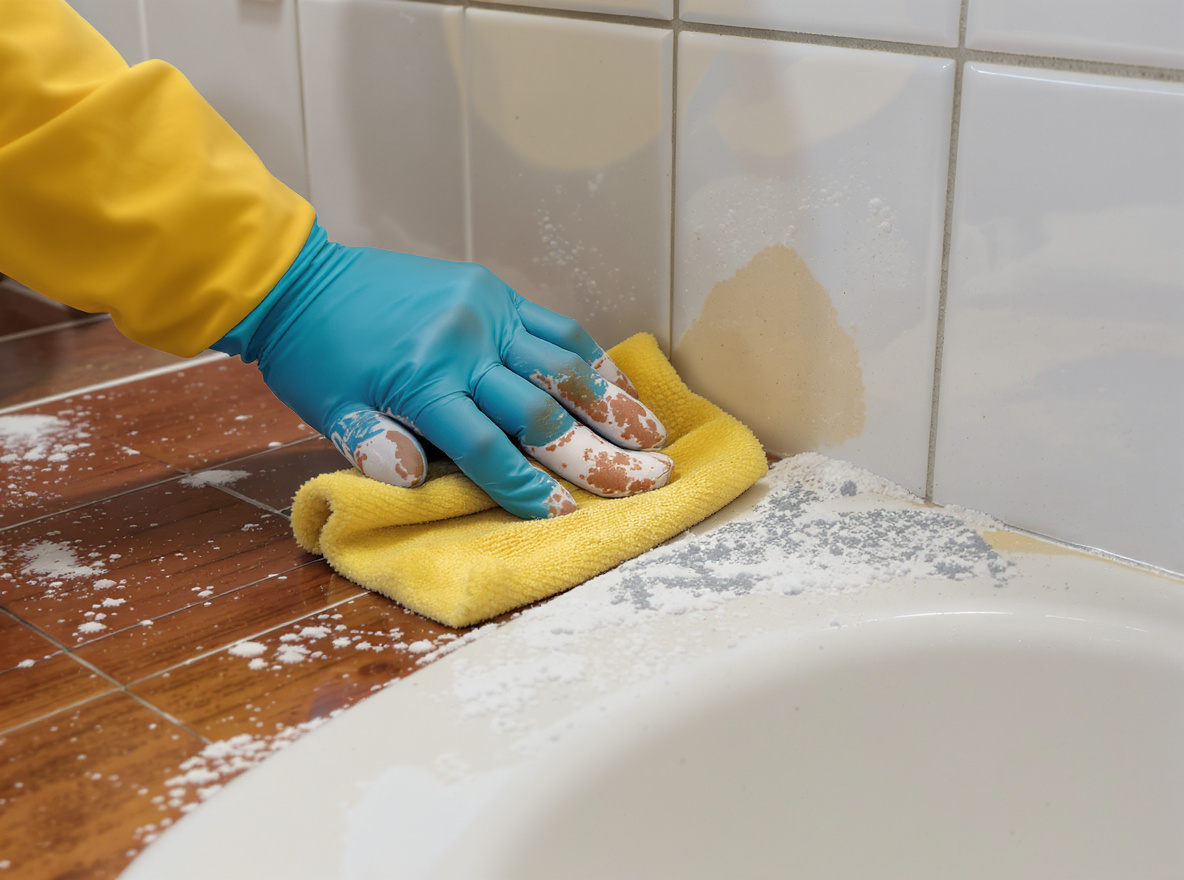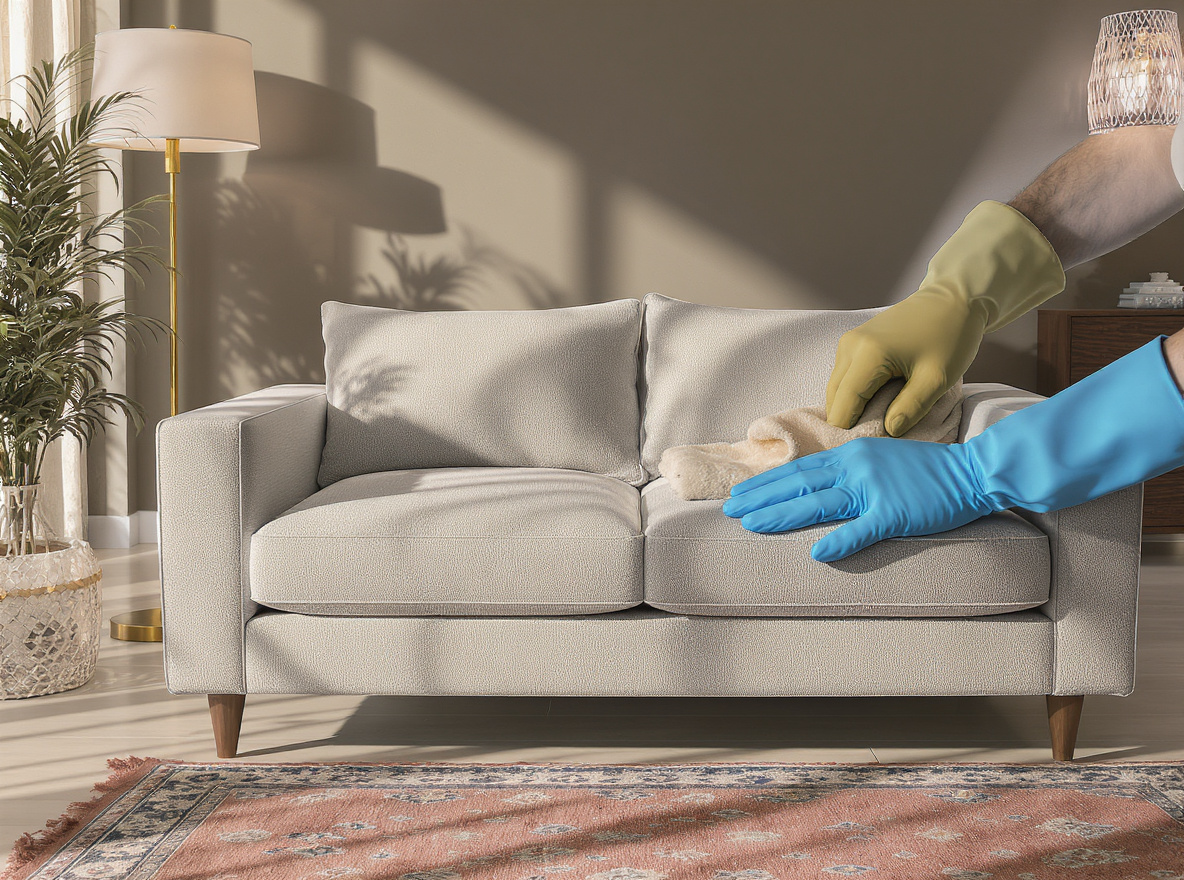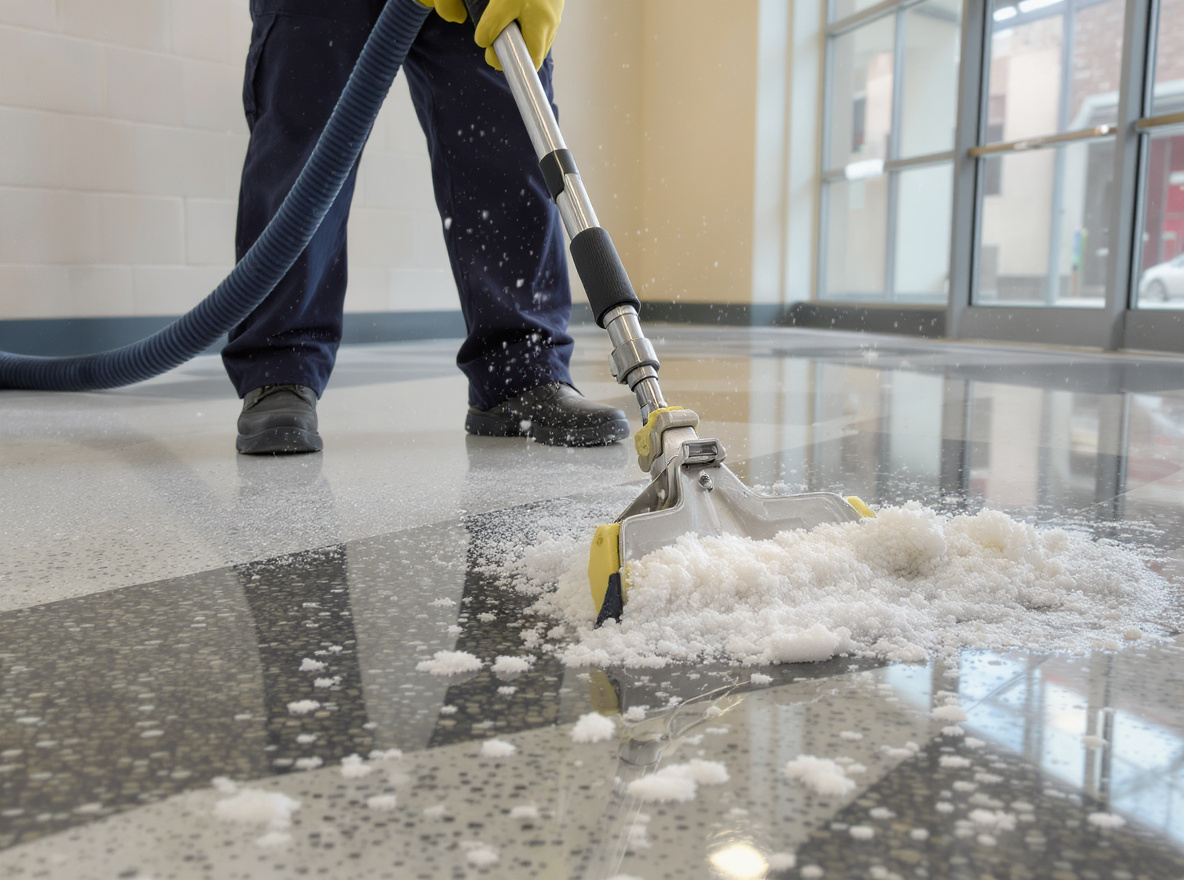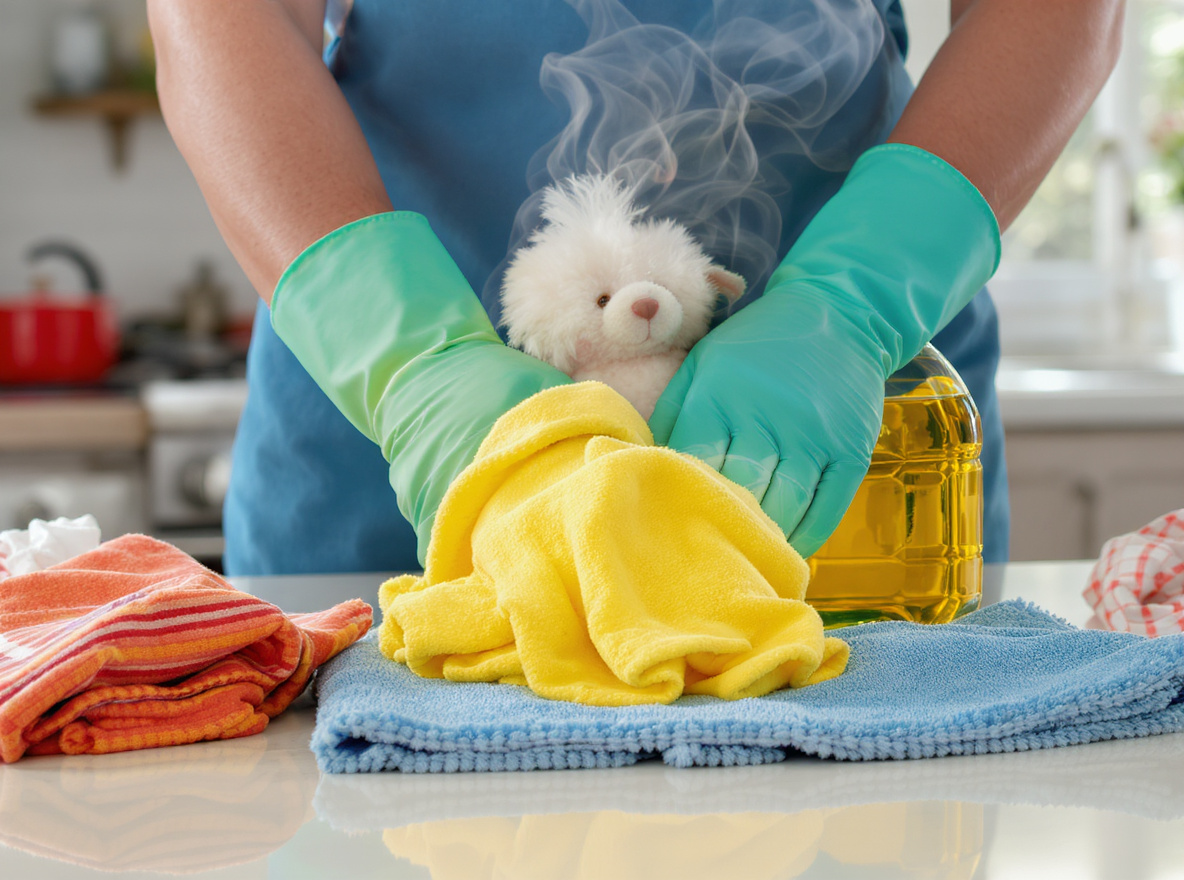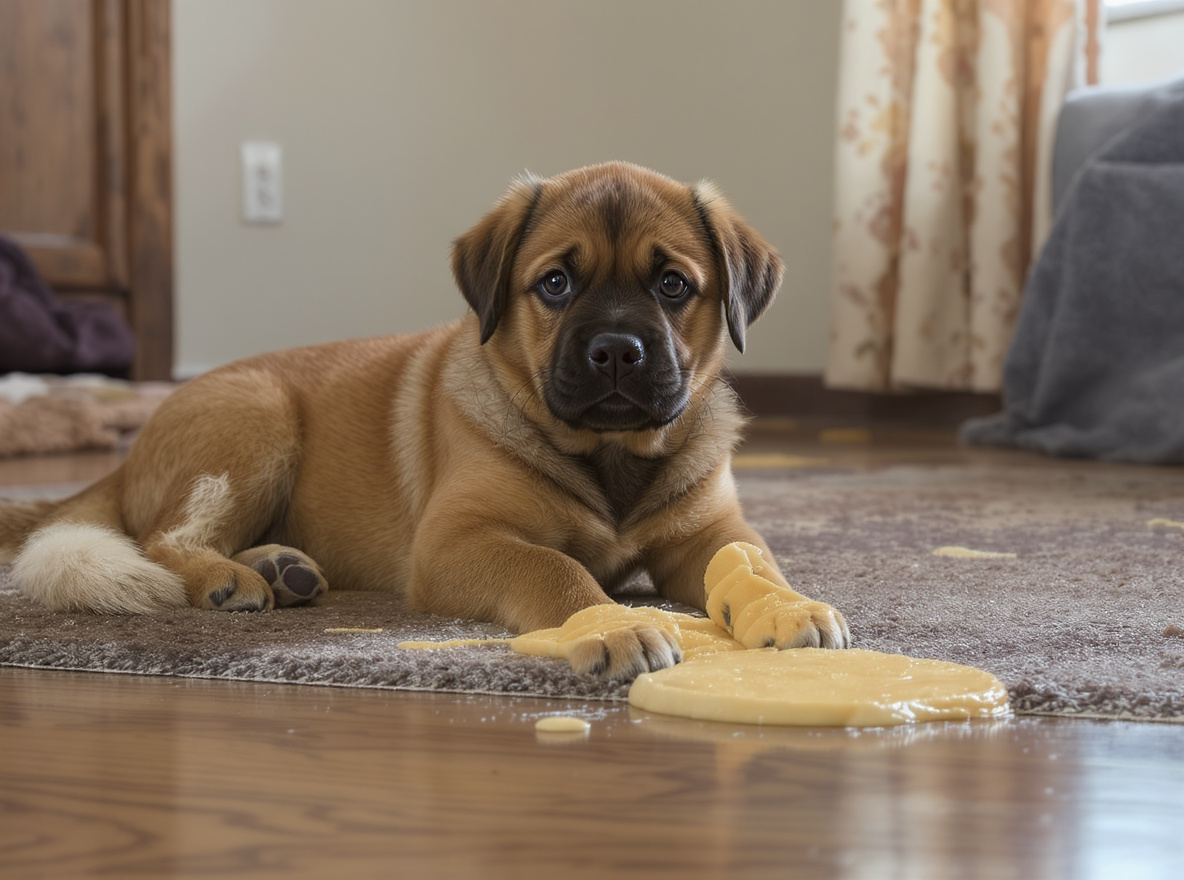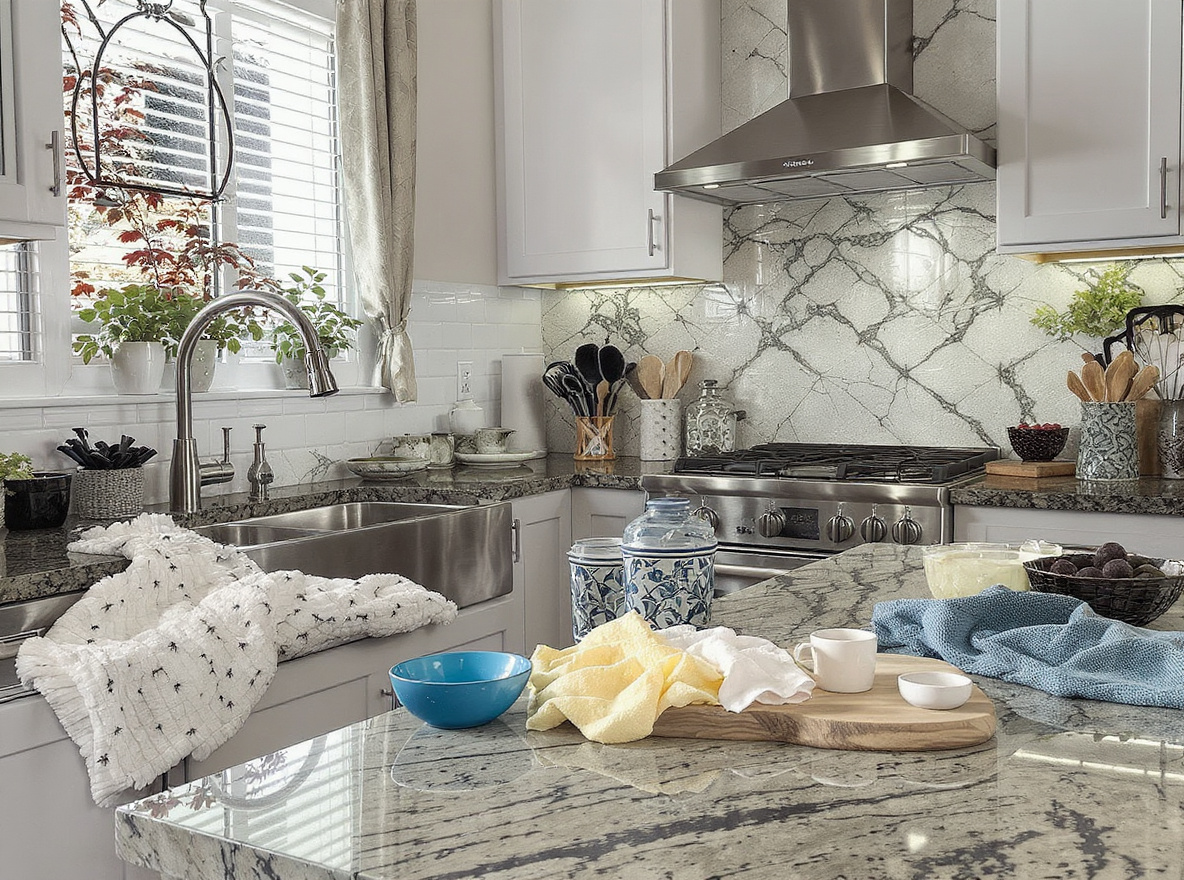So your kitchen looks like a fried chicken crime scene
Grease on the cabinets. Oily fingerprints on the fridge. That film on the range hood? It’s less “rustic patina” and more “science experiment gone wrong.” If you’re not into breathing chemical fumes and nuking your home ecosystem, you’re in luck. The world of natural grease removal is packed with tried-and-true DIY kitchen grease cleaning methods that are eco-friendly, chemical-free, and surprisingly effective. Ready to wage war on grease the natural way? Time to roll up those sleeves and read on.
Nature’s heavy hitters: Why go chemical-free?
Before we get into the kitchen chemistry (the fun, harmless, eco-friendly kind), let’s answer the greasiest question of all: why bother with eco-friendly grease hacks in the first place?
- Health first: No harsh fumes, no skin irritation, and no residues where you prep your food.
- Planet approved: Chemical-free grease cleanup means your drain, your home, and the planet thank you.
- Budget friendly: Most of these solutions use stuff you already have in your pantry—no splurging on “miracle” sprays needed.
- Surprisingly effective: When harnessed right, natural degreasers can cut through grease like a knife through hot butter.
Let’s dig into five natural, unstoppable ways to tackle kitchen grease—minus the guilt, the headaches, and the trip to the cleaning aisle.
Baking soda: The grease-busting MVP
Why it works: Baking soda is slightly abrasive and naturally alkaline, which means it tackles grease by destabilizing fats and oils, making them easier to wipe away.
How to use it:
- Simple solution: Mix 3 tablespoons of baking soda with 1 cup of water. Dip a sponge in the solution, scrub those greasy surfaces—countertops, stove tops, even cabinet fronts—and wipe clean.
- Drastic measures: For serious grime, sprinkle baking soda directly onto a damp sponge, add a bit of elbow grease, and rinse. For baked-on gunk, make a paste of baking soda and water, apply liberally, let it sit, then scrub.
Pro tip: Baking soda is gentle enough for most surfaces but packs enough punch for stubborn messes. Plus, it won’t scratch up your stainless steel or leave behind a chemical whiff.
White vinegar: The acid test for grease
Why it works: Vinegar’s acetic acid slices through grease molecules, making them water-soluble so you can wipe them away.
How to use it:
- Basic degreaser: Mix equal parts white vinegar and warm water in a spray bottle. Spray, let sit for a minute, and then wipe with a microfiber cloth.
- Supercharged solution: For more stubborn spots, warm the vinegar, add a few drops of essential oil (for scent), and spray down the area. The combination of heat and acidity does wonders for dissolving caked-on oils.
Got a stovetop that looks like a bacon frying battleground? Vinegar is your secret weapon.
Citrus power: Lemons, oranges, and grapefruit
Why it works: Citrus fruits are packed with d-limonene, a natural solvent that annihilates grease while leaving behind a just-cleaned scent. Lemons are especially fierce, combining acid and essential oils for a one-two punch.
How to use it:
- Instant scrub: Cut a lemon in half, sprinkle the cut side with salt, and use it as a built-in scrubber for cutting boards, countertops, and greasy corners. The salt adds gentle abrasion, while the lemon juice dissolves oil.
- Citrus-infused vinegar: Haven’t heard of this one? It’s brilliant. Save your citrus peels, steep them in vinegar for a couple of weeks, then strain and use the “citrus vinegar” in a spray bottle. It’s powerful, natural, and smells way better than plain vinegar.
- Essential oils: Add 20 drops of lemon or orange essential oil to 2 cups of warm water and a tablespoon of baking soda in a spray bottle. Spray, let sit, and wipe away greasy build-up.
The delightful scent of citrus makes this method a fabulous choice for anyone cleaning in Buffalo or Tonawanda.

If you’re looking for a trusted and high-quality cleaning service in Buffalo, Tonawanda, or Amherst —
get a free quote online.
You can also call us at 716-289-1966.
The baking soda & vinegar tag team
Why it works: When baking soda and vinegar combine, you get a fizzing reaction that helps lift stuck-on grease from even the most stubborn spots.
How to use it:
- Fizzy paste: Mix equal parts baking soda and white vinegar to create a paste. Slather it on greasy surfaces, let it fizz and soak for a few minutes, then scrub and rinse with water.
- Cabinet rescue: Apply the paste to greasy cabinet doors, especially above the stove. Leave it for 5–10 minutes, then wipe clean for a chemical-free grease cleanup job that really works.
This duo is a staple in eco-friendly grease hacks—a classic for good reason.
Steam cleaning with essential oils
Why it works: Steam softens hardened grease, making it easier to wipe away. Adding oils like lemon or lavender not only boosts cleaning power but also leaves your kitchen smelling fresh.
How to use it:
- Steam bath: Boil a pot of water, add a few drops of your favorite essential oil (lemon is a grease-fighter), and let the steam waft around your stovetop or inside your oven. After 10–15 minutes, wipe down surfaces—the grease should come off with minimal scrubbing.
- Bonus: This is also a great way to clean microwave interiors. Microwave a bowl of water and lemon slices for 2–3 minutes, then wipe away the loosened grease and food splatters.
Nothing feels quite as satisfying—or as eco-friendly—as cleaning with only water vapor and pure plant oils.
Extra natural grease removal hacks
- Olive oil & vinegar: Mix 2 cups warm water, 2 tablespoons white vinegar, and 2 tablespoons olive oil. The vinegar breaks down the grease; the oil helps lift old, set-in gunk. Wipe cabinets or wood surfaces for a deep, restorative clean.
- Soap nuts or castile soap: Both are plant-based, chemical-free, and excellent at dissolving oily messes. Add a touch to warm water, scrub, and rinse; great for vintage or sensitive surfaces.
- Hydrogen peroxide: Combine it with water in a 1:1 ratio and use as a stain and grease remover—especially handy for countertops or stubborn cookware blemishes.
- Apple cider vinegar: Another old-school cleaner, used on tough stains and grease spots for a clean that’s both natural and effective.
Pro tips for DIY kitchen grease cleaning
- Act fast: The fresher the grease, the easier the cleanup. Don’t wait for that splatter to fossilize.
- Microfiber magic: Always use a high-quality microfiber cloth for wiping—these grab grease better than paper towels or old rags.
- Routine matters: A weekly scrub with your favorite natural degreaser keeps buildup at bay, so you’re never stuck battling a sticky disaster.
The final word: Clean, green, and grease-free
Kicking kitchen grease to the curb has never been so satisfying—or sustainable. From baking soda’s scrubbing power to citrus’s grease-slashing oils, these natural grease removal methods are DIY, eco-friendly, and absolutely chemical-free. So the next time your kitchen turns into an oil slick, toss the toxic sprays and unleash the cleaning power of Mother Nature herself. Your home, your lungs, and the planet will feel the difference.
Remember: when it comes to grease, there’s nothing cleaner—or greener—than going natural. Now grab those lemons, shake up some baking soda, and show that kitchen who’s boss.

If you find yourself overwhelmed with grease and kitchen messes, remember there’s help available. For a spotless kitchen and peace of mind, get a free quote online or give us a call at 716-289-1966.
Your Home, Your Comfort
If you’re residing in Buffalo and looking to revitalize your kitchen, consider a natural greasing removal approach that enhances your living space. Residents in Tonawanda often pair these methods with regular cleaning services for ongoing freshness. Meanwhile, many homeowners in Amherst love the ease of using eco-friendly solutions that safeguard their family’s health as well.
Frequently asked questions
- What is the best natural degreaser? Baking soda and white vinegar are two of the best natural degreasers. They are effective, safe, and affordable.
- How often should I clean kitchen grease? It’s good to clean grease on a weekly basis to prevent build-up, especially around cooking areas.
- Can I use essential oils for cleaning? Yes, essential oils like lemon or tea tree oil not only smell great but also provide antibacterial properties.
- Will natural cleaners kill bacteria? While they are effective at cleaning, you may need harsher cleaners for disinfecting. However, vinegar and essential oils can help reduce bacteria.
- Is it safe to mix baking soda and vinegar? Yes, mixing them creates a fizzing reaction that can help break down tough grease, but don’t store them together long-term.
What people are saying about Starcore cleaning. Customer Testimonials.
Emily Johnson – Riverside, Buffalo
⭐⭐⭐⭐⭐
“I reached out to Starcore Cleaning for a deep clean of my kitchen, and they truly exceeded my expectations. They used natural solutions that left my cabinets and countertops grease-free and sparkling without any chemical smell. I’m thrilled with their service!”
Type of cleaning: Deep kitchen cleaning
Mike Cummings – Tonawanda
⭐⭐⭐⭐⭐
“Starcore Cleaning helped me get my kitchen under control. Their team used eco-friendly methods to tackle years of grease buildup, and I was impressed with how quick yet thorough they were. The place looks fantastic!”
Type of cleaning: Regular maintenance cleaning




